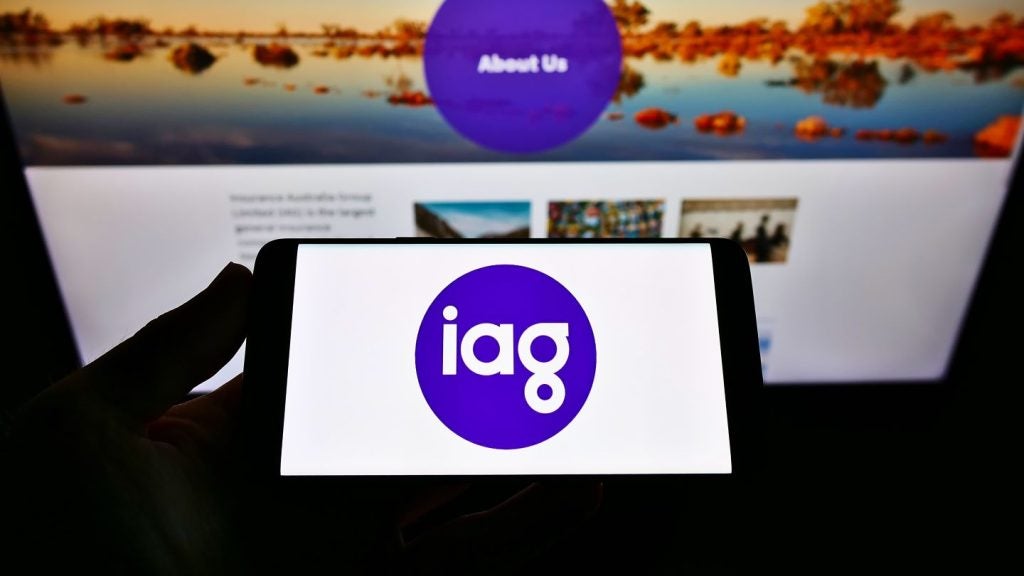
Following a vote from the IASB, the IFRS 17 delay is now confirmed.
Initially set to be implemented in January 2021, the regulation has been pushed back to 2022.

Access deeper industry intelligence
Experience unmatched clarity with a single platform that combines unique data, AI, and human expertise.
The accounting standard for insurance contracts heard calls from a number of trade bodies to be pushed back by two years. Nine national and regional insurance industry associations from Canada, Korea, Europe, New Zealand, Australia and South Africa have also requested IASB to extend the deadline of implementation of its “IFRS 17” book-keeping rule by two years to January 2023.
IASB board members also agreed that insurers could postpone by another year the implementation of IFRS 9, the accounting standard for financial instruments, to coincide with the IFRS 17 delay.
The IASB discussed the possibility of a one-year postponement because some stakeholders felt a one-year delay could be helpful. However, some felt a longer IFRS 17 delay would be disruptive and could increase costs without a corresponding benefit.
Comments on IFRS 17 delay
Alex Bertolotti, IFRS17 leader at PwC, said: “Today’s announcement of a one-year delay to the implementation of IFRS17 will be welcomed by many in the insurance community. The additional time will help alleviate some risk from existing plans, however many companies still have a lot to do and cannot afford to press pause.

US Tariffs are shifting - will you react or anticipate?
Don’t let policy changes catch you off guard. Stay proactive with real-time data and expert analysis.
By GlobalData“Some insurers have been lobbying for this delay for a while, as the initial time frame was exceedingly tight. Others have been requesting clarification over certain aspects of the standard, without which it would have been difficult or prohibitively costly to move ahead.
“The impact of the one year delay can only be fully assessed after reviewing potential changes to the standard which the IASB Board will consider in December.
“Our message to insurers would be not to stop – there’s so much to do. If you haven’t started, get a move on. To stand still is to fall behind.”







